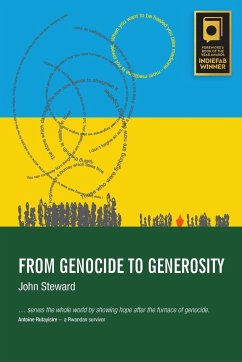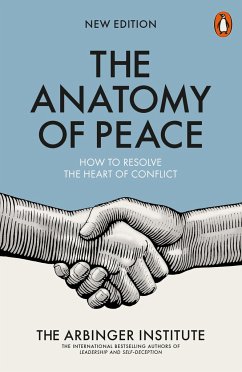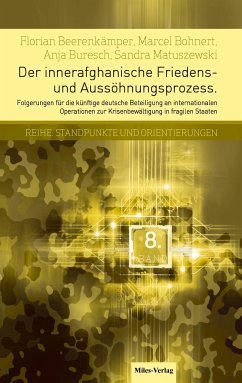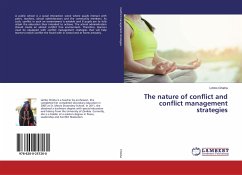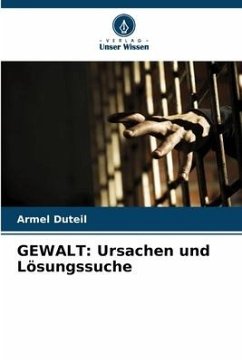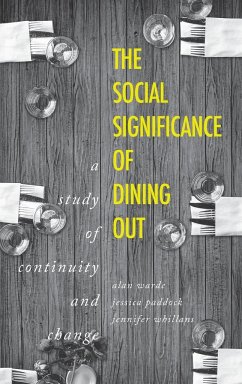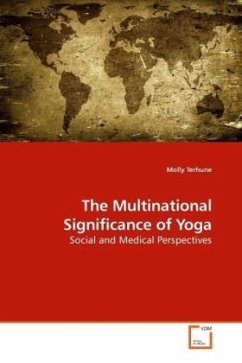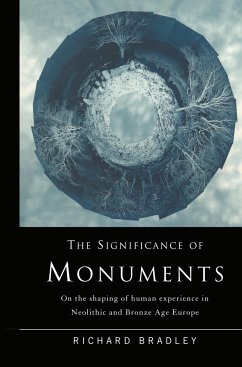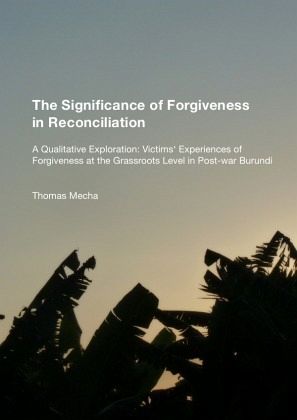
The Significance of Forgiveness in Reconciliation
A Qualitative Exploration: Victims' Experiences of Forgiveness at the Grassroots Level in Post-War Burundi
Versandkostenfrei!
Versandfertig in 6-10 Tagen
9,99 €
inkl. MwSt.

PAYBACK Punkte
0 °P sammeln!
Forgiveness is a very sensible issue in post-war societies because it is often associated with notions of amnesty and forgetting. But it also plays a significant role in reconciliation processes, especially in post-war contexts where victims and offenders live in the same community and need to find a way to live together. This study explores how and why victims of the civil war in Burundi (1993-2005) forgave their perpetrators. Based on individual narratives, it enables a rare insight into the very personal sphere of forgiveness and explores in how far forgiveness contributes to reconciliation...
Forgiveness is a very sensible issue in post-war societies because it is often associated with notions of amnesty and forgetting. But it also plays a significant role in reconciliation processes, especially in post-war contexts where victims and offenders live in the same community and need to find a way to live together. This study explores how and why victims of the civil war in Burundi (1993-2005) forgave their perpetrators. Based on individual narratives, it enables a rare insight into the very personal sphere of forgiveness and explores in how far forgiveness contributes to reconciliation. Burundi has experienced several violent eruptions of ethno-political conflicts (1972, 1988, 1991). More recently, the civil war had devastating effects on Burundi's social fabric and shattered many communities. The Arusha peace agreement may have been essential in paving the way for a political settlement but in order to transform relationships on the ground, people need to initiate dialogues. The promised Truth and Reconciliation Commission just started to work in 2015. Since the end of the war many civil society organisations have already started reconciliation initiatives on the ground. They directly work with people in the affected communities trying to support reconciliation processes. Some of the participating victims decided to forgive their offenders. The ingredients of genuine forgiveness normally are truth, repentance and reparation. But as this study shows these elements are not always available for victims. In order to continue with their lives, some victims opt for flexible/ pragmatic approaches of forgiveness. They forgave their offenders without receiving an apology or knowing the truth. They forgive internally. When victims were able to meet their offenders, inter-personal forgiveness was possible and enabled a form of peaceful cohabitation, rather than reconciliation. The findings are based on field research, undertaken in Burundi from June to July 2014.



